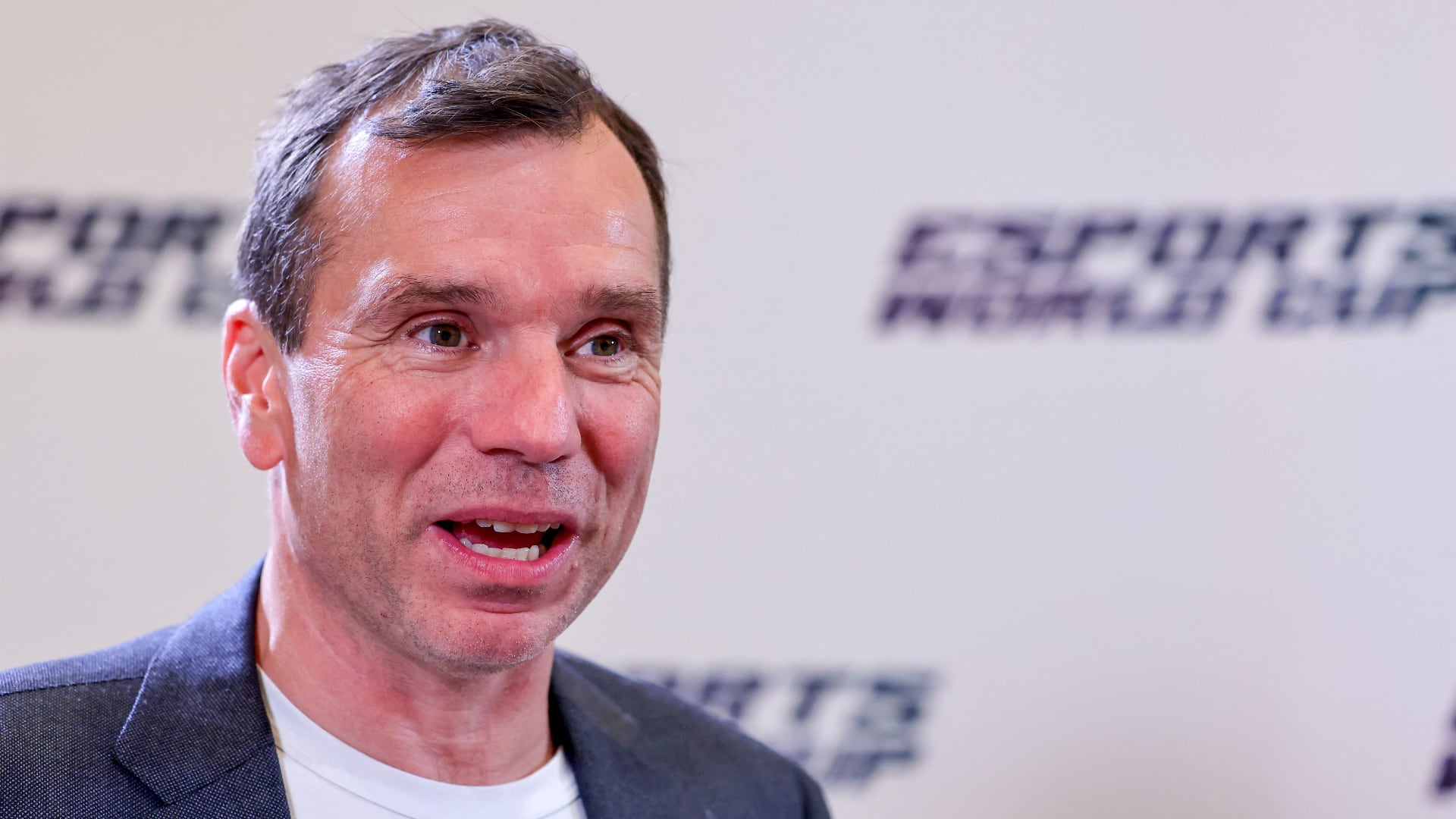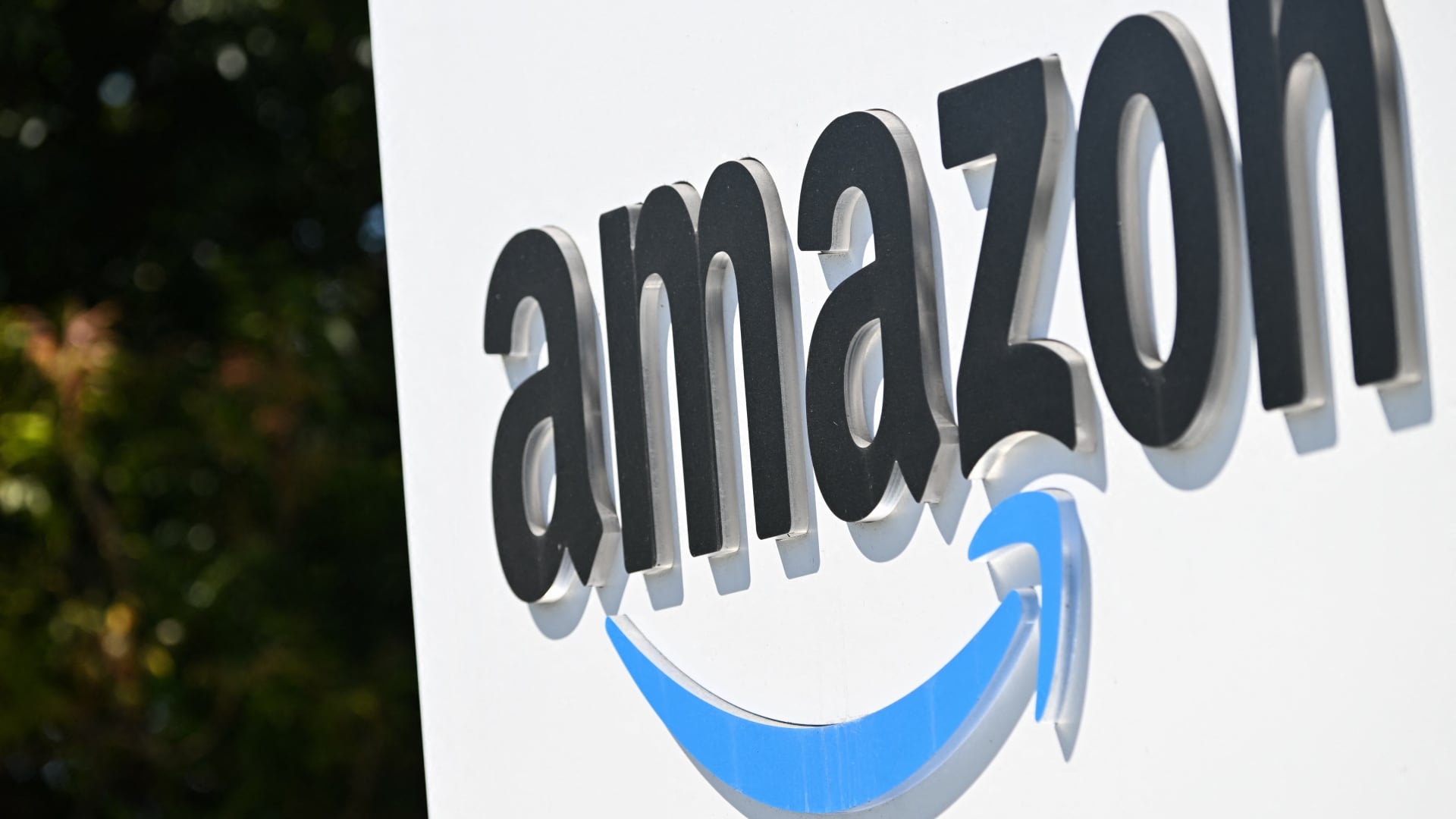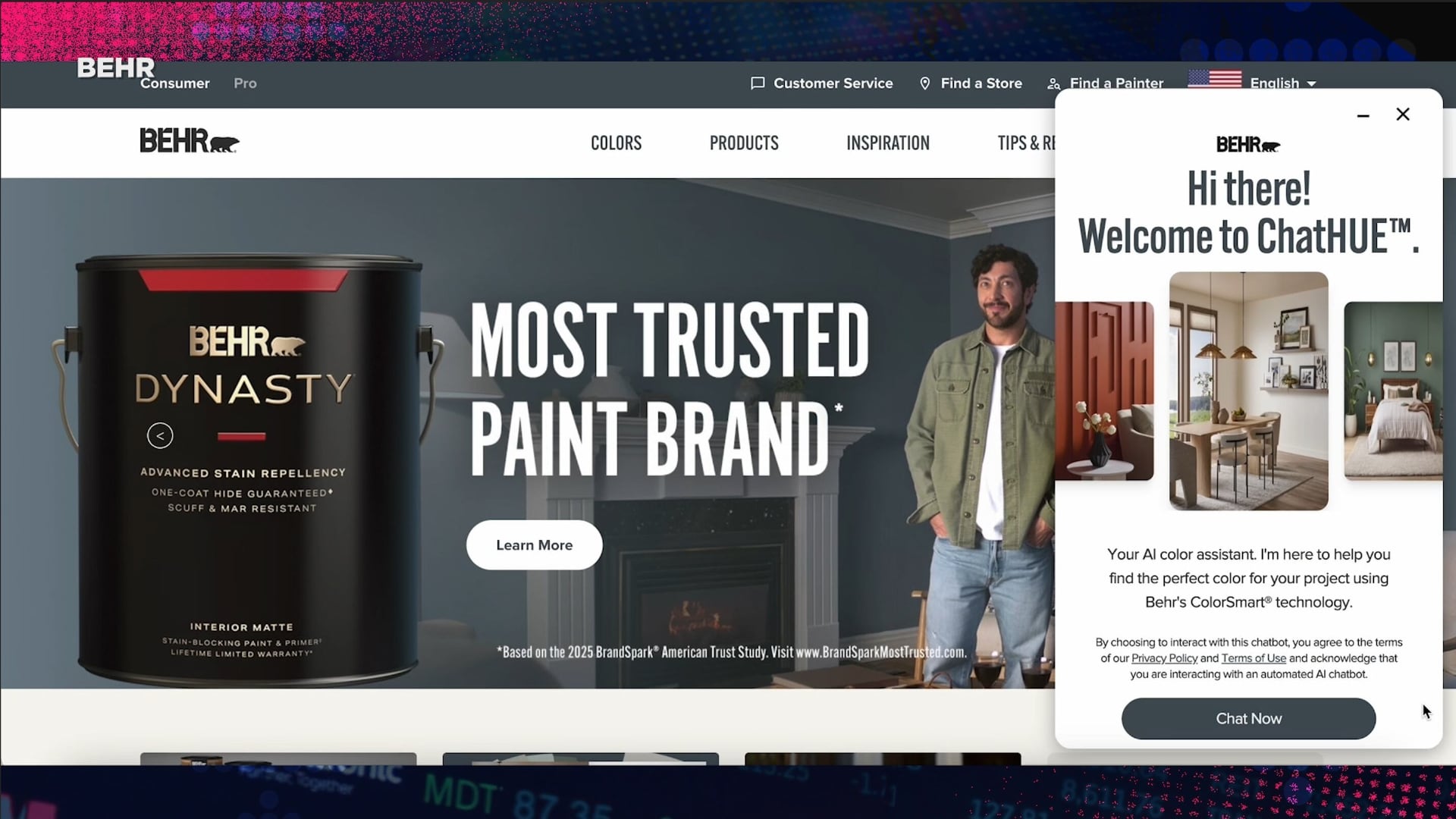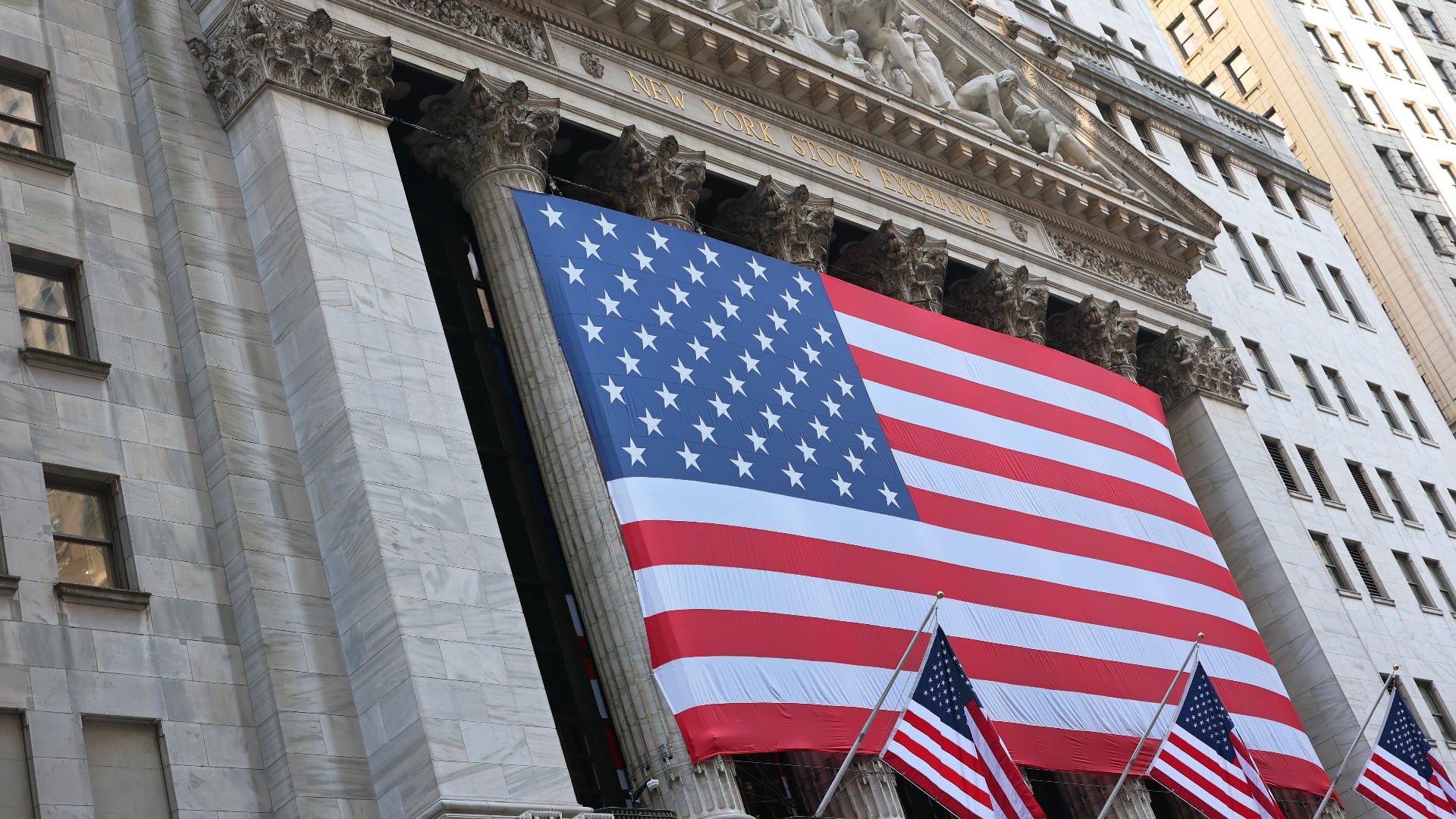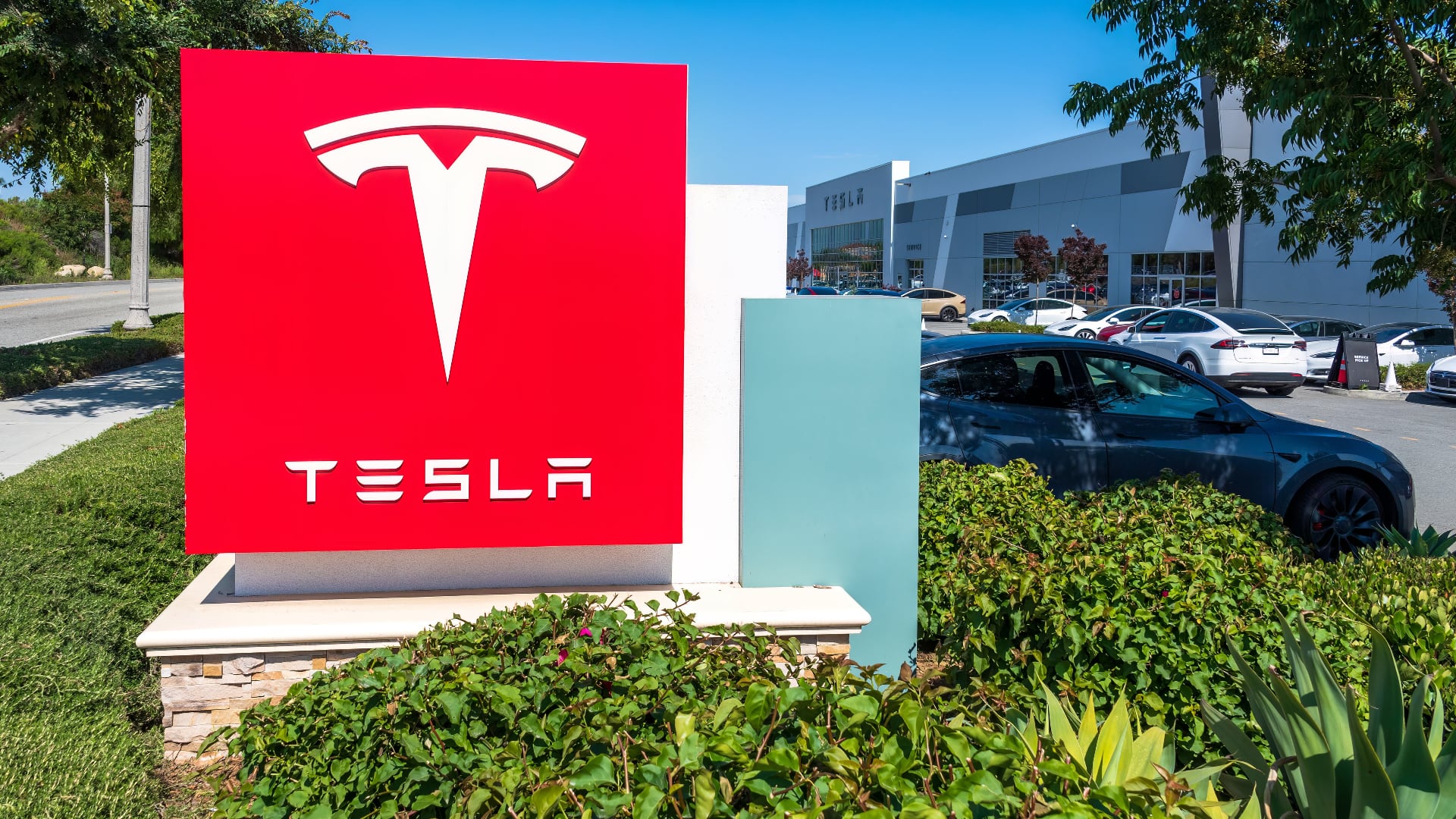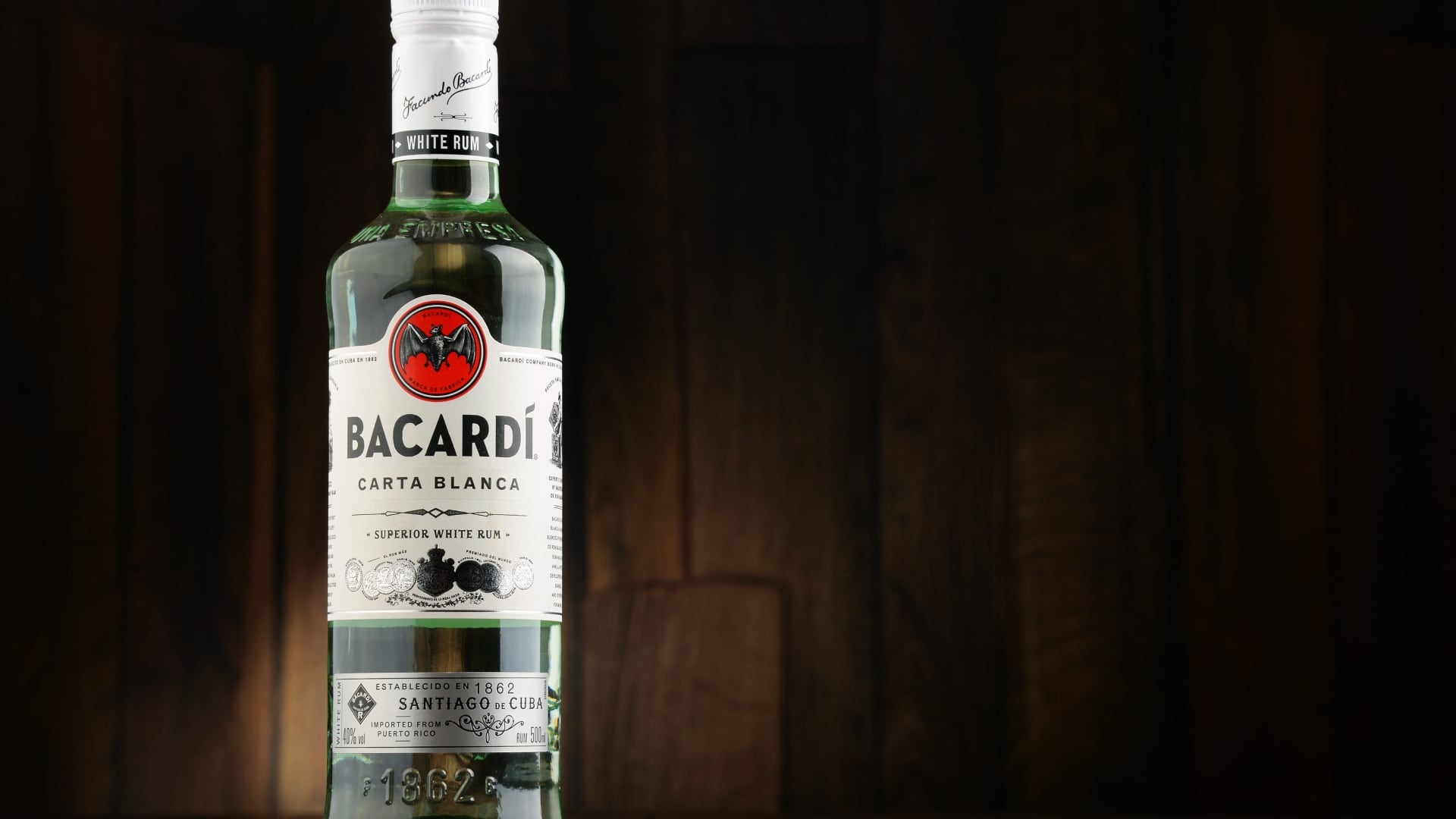A large cargo vessel carrying cars from Germany to the United States sank Tuesday in the mid-Atlantic, 13 days after a fire broke out on board, the ship’s manager and the Portuguese navy said.
The Felicity Ace sank about 400 kilometers (250 miles) off Portugal’s Azores Islands as it was being towed, MOL Ship Management in Singapore said in a statement. A salvage team had put out the fire.
The 200-meter-long (650-foot-long) vessel listed to starboard before going under, the ship’s manager said.
The Portuguese navy confirmed the sinking, saying it occurred outside Portuguese waters. A Portuguese Air Force helicopter evacuated the 22 crew members when the fire first broke out, setting the ship adrift.
Ocean-going tugboats with firefighting equipment had been hosing down the ship’s hull to cool it.
It wasn't clear how many cars were onboard the ship, but vessels of the Felicity Ace's size can carry at least 4,000 vehicles.
European carmakers declined to discuss how many vehicles and what models were on board, but Porsche customers in the United States were being contacted by their dealers, the company said.
“We are already working to replace every car affected by this incident and the first new cars will be built soon,” Angus Fitton, vice president of PR at Porsche Cars North America, Inc., told The Associated Press in an email.
The ship was transporting electric and non-electric vehicles, according to Portuguese authorities. Suspicion on what started the fire on Feb. 16 has fallen on lithium batteries used in electric vehicles, though authorities say they have no firm evidence about the cause.
Authorities feared the ship could pollute the ocean. The ship was carrying 2,000 metric tons (2,200 tons) of fuel and 2,000 metric tons (2,200 tons) of oil. It can carry more than 17,000 metric tons (18,700 tons) of cargo.
The Portuguese navy said in a statement that only a few pieces of wreckage and a small patch of oil was visible where the ship went down. The tugboats were breaking up the patch with hoses, it said.
A Portuguese Air Force plane and a Portuguese navy vessel are to remain at the scene on the lookout for signs of pollution.



